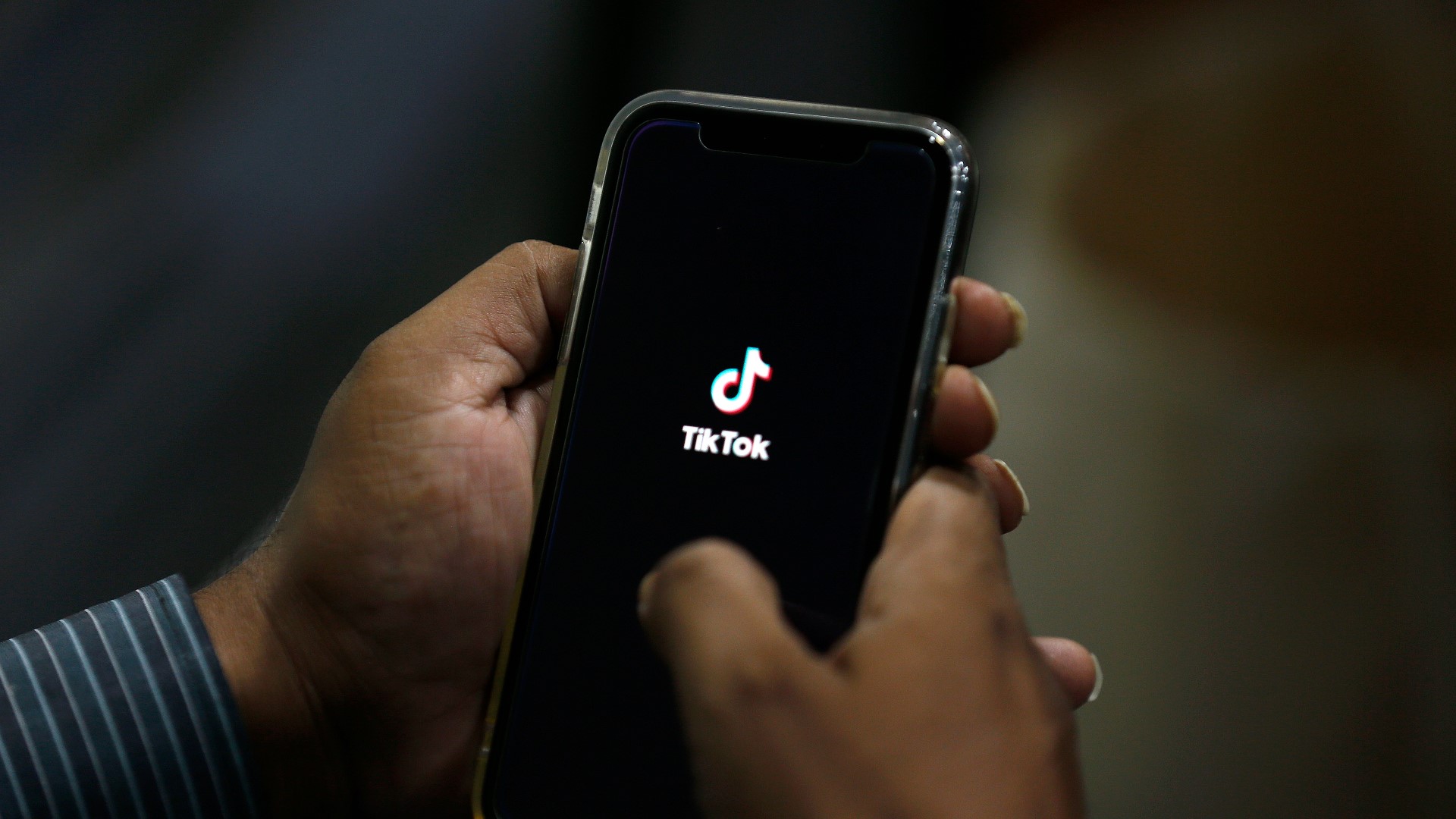HARRISBURG, Pa. — With its popularity growing since its launch in the U.S. in 2018, Tik-Tok has become a sensation for its users promoting creativity and entertainment.
Doctors across the globe say they are seeing complications in movement from teenage girls as a greater number are seeking treatment for tics. They say the young teens are developing the tics after watching Tik-Tok videos of creators who have Tourette's syndrome.
One might ask, what is the difference?
"A tic is a complicated movement that's stored in the center part of the brain that you feel this pressure that pushes movement out and you can try to hold it back but it gets stronger and stronger often when you do until it forces it's way out," said Dr. Jeremy Timothy, a pediatric neurologist for WellSpan Health.
Timothy says Tourette's syndrome, on the other hand, is a type of tic disorder, where people have multiple tics persistently over a course of time. This type of disorder usually arises in children, but Timothy says he's seen cases in teens now.
Research has pointed out teen girls who developed these tics during the pandemic had pre-existing mental health issues making them prone to other disorders.
Dr. Melissa Brown, a psychologist for UPMC, says stress and anxiety toppled by the pandemic are a "perfect storm" to create issues like these.
"The pandemic hit, placing a lot of social constraints on our teens, and girls tend to be very social and integrated into their social circles," she said.
Timothy says it's important for parents to speak to their children's doctors and if they happened to have tics, seek out treatments. Some of these include medications or CBIT -- Comprehensive Behavioral Intervention for Tics.
This is a therapy where one learns tricks to substitute different movements for tics that is less noticeable or shift gears in your mind from something that may trigger tics.
Another way for parents to help is to be more engaged and present in their child's life.
"Engaging in conversations, getting more physical activity, making sure they're sleeping well-our teens do need a lot of sleep," said Brown. "Of course, watch their diets and checking out what they're consuming."
Tik-Tok has responded to the issue publically, stating people with Tourette's Syndrome use the app "to express themselves authentically, find community and fight stigma."

